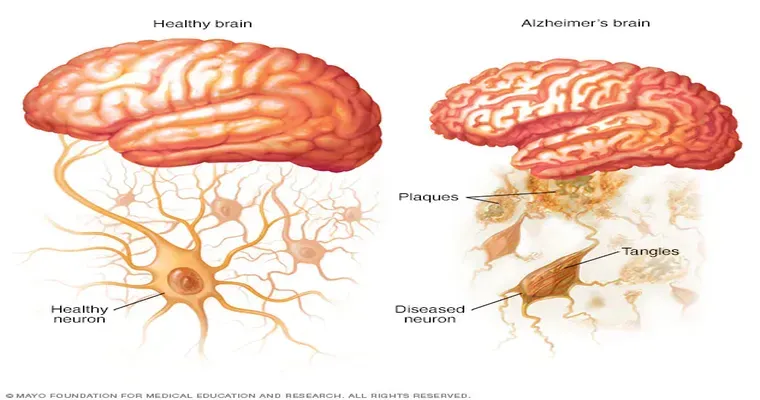Alzheimer’s disease is a progressive neurological disorder that affects millions of people worldwide. As the most common form of dementia, it leads to a decline in "cognitive function", "memory loss", and ultimately, the inability to carry out daily activities. Understanding why people die from Alzheimer’s disease is crucial for families, caregivers, and medical professionals. This article delves into the factors that contribute to mortality in Alzheimer's patients and the complexities surrounding the disease.
One of the primary reasons individuals with Alzheimer’s disease succumb to the condition is due to the "complications" arising from its advanced stages. As the disease progresses, it severely impairs a person's ability to perform basic tasks, leading to increased vulnerability to infections, malnutrition, and dehydration. For instance, patients may forget to eat or drink, resulting in "weight loss" and dehydration, which can be life-threatening.
Infections, particularly pneumonia, are another common cause of death among Alzheimer’s patients. The decline in cognitive abilities can lead to difficulties in swallowing or decreased mobility, which increases the risk of aspiration pneumonia. This condition occurs when food, liquid, or saliva enters the lungs instead of the stomach, causing severe respiratory issues.
Additionally, the overall health of an individual plays a significant role in the progression of Alzheimer’s disease. Many patients have pre-existing medical conditions, such as "heart disease", "diabetes", or other chronic illnesses, which can complicate their care. These comorbid conditions can exacerbate the symptoms of Alzheimer’s and lead to a more rapid decline in health.
The emotional and psychological toll of Alzheimer’s disease cannot be overlooked either. Patients often experience "depression" and anxiety, which can further contribute to their physical decline. Caregivers and family members also face immense stress, which can affect the level of care provided to the individual.
Research indicates that the "staging" of Alzheimer’s disease is also a critical factor in mortality rates. As the disease progresses through its stages—from mild cognitive impairment to severe dementia—the likelihood of complications increases. In the final stages, patients may lose the ability to communicate or recognize loved ones, leading to a significant decline in overall health.
It is essential to note that Alzheimer’s disease itself is not classified as a direct cause of death on death certificates. Instead, the complications resulting from the disease are often listed. Therefore, understanding the underlying mechanisms and related factors contributing to the mortality of Alzheimer’s patients is vital for developing better treatment and care strategies.
In conclusion, the reasons why people die from Alzheimer’s disease are multifaceted and complex. Complications such as infections, malnutrition, and the presence of other chronic conditions play a significant role in the mortality of Alzheimer’s patients. By raising awareness and understanding the intricacies of this devastating disease, we can work towards improving care and support for those affected and their families.





